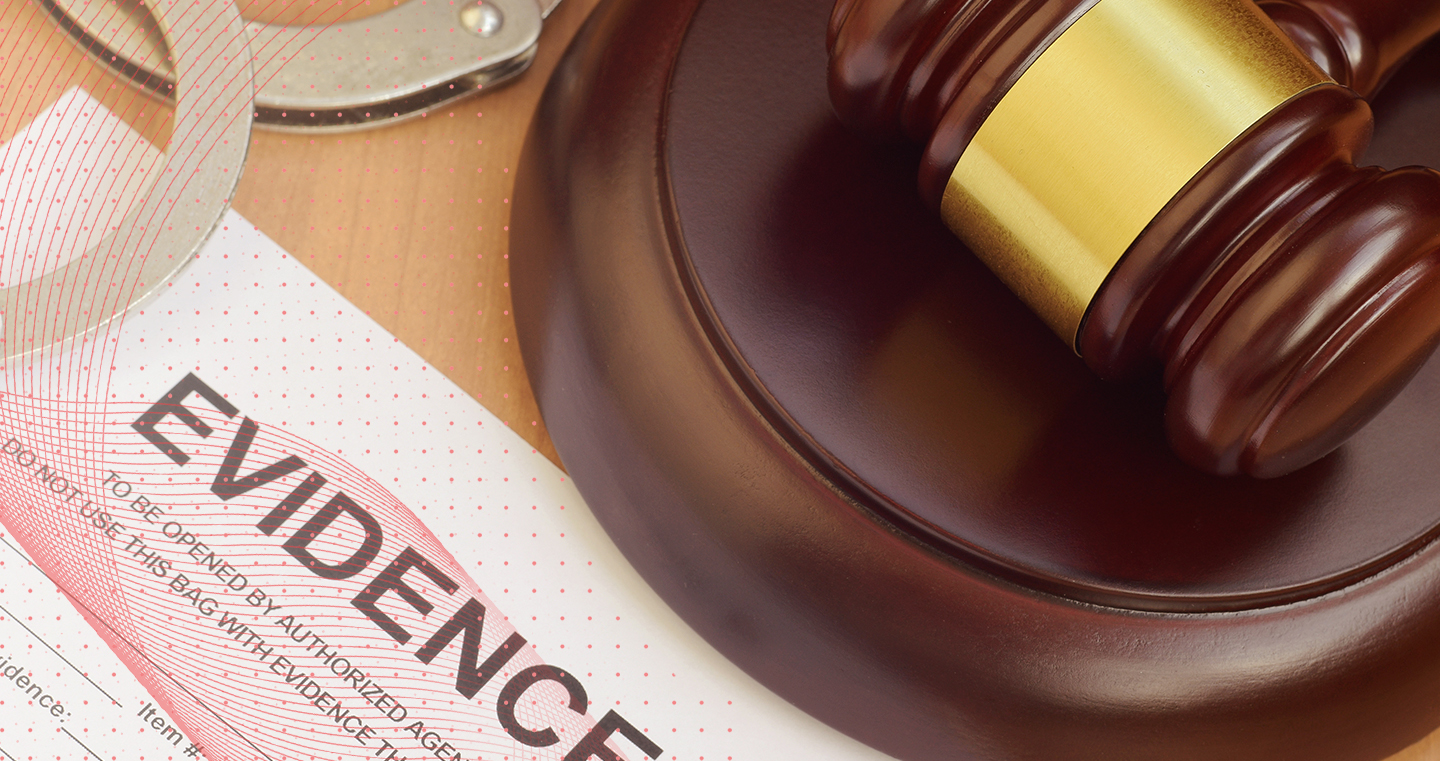Relevance
Under the Evidence Act 2022 (EA), in determining the relevance of a fact or evidence, if the evidence is legally relevant and considering its factual relevance the court admits the evidence, such admission shall assist in proving the existence of a fact presented in the case proceedings. The definition of factual relevance and legal relevance is provided in part 1 of this memo series.
Evidence is not deemed irrelevant simply because the evidence:
- relates to the credibility of a witness;
- is relevant owing to the admissibility of another evidence; or
- is relevant because evidence that shall be submitted is missing.
Unless otherwise stated in the EA, any evidence that is relevant is admissible whereas evidence that is deemed irrelevant is inadmissible.
Hearsay
The general rule is that hearsay evidence is inadmissible. However, hearsay evidence is admissible in the following circumstances where it relates to:
- evidence of a declaration made by a dying person;
- evidence of response to a sudden situation;
- firsthand hearsay;
- evidence relating to a statement made by a party against his own financial interest or criminal interest;
- public records;
- business records;
- defence raised in media or another public place relating to an allegation raised against the party;
- statement given by a party having knowledge of marriage, family relationship or guardianship relationship between parties or deceased persons;
- statement given by a State employee whilst undertaking employment responsibilities.
Circumstances in which hearsay evidence will be admissible in the aforementioned scenarios include situations where the witness cannot be found or is dead, unable to attend court to give testimony due to disability, or reasons pertaining to excessive cost of travel or time. In the event hearsay evidence is admissible, it shall be secondary evidence.
Opinion rule
Evidence of an opinion is not deemed admissible to prove the existence of a fact. However, in the event an opinion is stated in an official certificate or document by a party signing such official certificate or document issued pursuant to a statute or regulation, such document shall be admissible as evidence and would not be deemed opinion evidence.
Although evidence of an opinion is not generally admissible, where the opinion is expressed by an expert based on specialized knowledge, such evidence is admissible in court under certain circumstances, which includes the expert being specialized in an area of knowledge that is generally accepted and capable of having such an expert opinion. Further, the opinion must be an opinion that is relevant in regard to aiding the court in reaching a judgment and it must also not be an opinion that is expressed directly in the interest and priority of a specific party or an opinion that can be disputed.
Tendency rule
Tendency rule is referred to demonstrate a tendency of a defendant to act or think in a particular way based on the assertion that the defendant has done the same before. Evidence under the tendency rule shall be admissible if such admission shall assist the court in assessing the existence or non-existence of a fact.
The court will take into account the following when applying tendency rule:
- number of instances with similar action/conduct;
- time span and proximity between incidents concerning similar conduct;
- extent to which the two incidents correspond to each other;
- if a pattern or rule concerning the conduct of the individual can be ascertained or not;
- whether a party questions or disputes the evidence submitted under tendency rule; or
- whether the evidence under tendency rule is submitted to dispute or negate another evidence submitted under the same rule.
Coincidence rule
Coincidence rule concerns evidence that a person did a particular act in two instances whereby having regard to the similarities in the two events, it is impossible that the events occurred coincidentally. Evidence under the coincidence rule can be admitted in court if such admission shall assist the court in assessing the existence or non-existence of a fact pursuant to the coincidence rule.
Coincidence evidence is not admissible save for the exceptions provided in the EA. Tendency and coincidence rule is generally applied for criminal cases, but it is noted that no distinction
on its applicability for civil and criminal cases has been made in the EA.
Credibility rule
Credibility rule is concerning evidence adduced to prove in court the extent to which a witness testimony is credible, or evidence adduced to refute a witness’ credibility. Evidence submitted under the credibility rule is admissible in the following instances only:
- evidence is adduced in cross-examination;
- evidence submitted to prove the extent of credibility of a witness with respect to responses in cross-examination;
- evidence adduced to rebut denials made by witness in cross-examination;
- evidence relates to the credibility of an accused person.
A witness shall be deemed untrustworthy if the witness:
- is biased or has motive to be untruthful;
- is or was unable to be aware of or recall matters to which his or her evidence relates
- has made a prior inconsistent statement;
- has been convicted of an offence that relates to the case;
- has knowingly or recklessly made a false representation whilst under an obligation to tell the truth.
Privileged communication
The privilege rule protects communications within certain relationships from compelled disclosure in a court proceeding. The EA stipulates the following as privileged communications:
- where a marital relationship subsists, no person shall be compelled to disclose any communication made to him/her during marriage by any person to whom she/he is or has been married; nor shall a person who obtained the information from either the wife or husband shall disclose any such communication unless the person who made it or his representative consents. However, this does not prevent disclosure of information in criminal proceedings between married persons in which one married person is prosecuted for a crime committed against the other;
- where information is produced or maintained by a government body and is prohibited from being released under the relevant law, such information cannot be produced as evidence except with the permission of the competent authority;
- confidential information obtained by a public servant during the course of employment may only be disclosed and submitted to court in accordance with the applicable procedure;
- a police officer or judge cannot be compelled to give information concerning the details of a person who files a complaint regarding a crime committed, or the person who reported the information, or regarding how the police or judge obtained the information;
- confidential information/communication made between a client and a lawyer.




